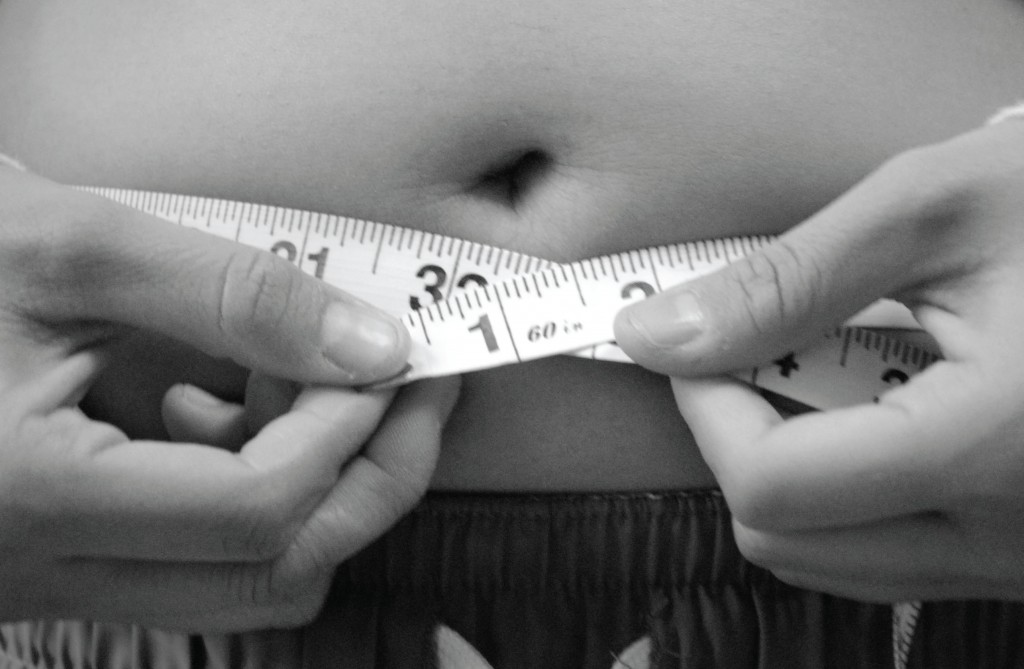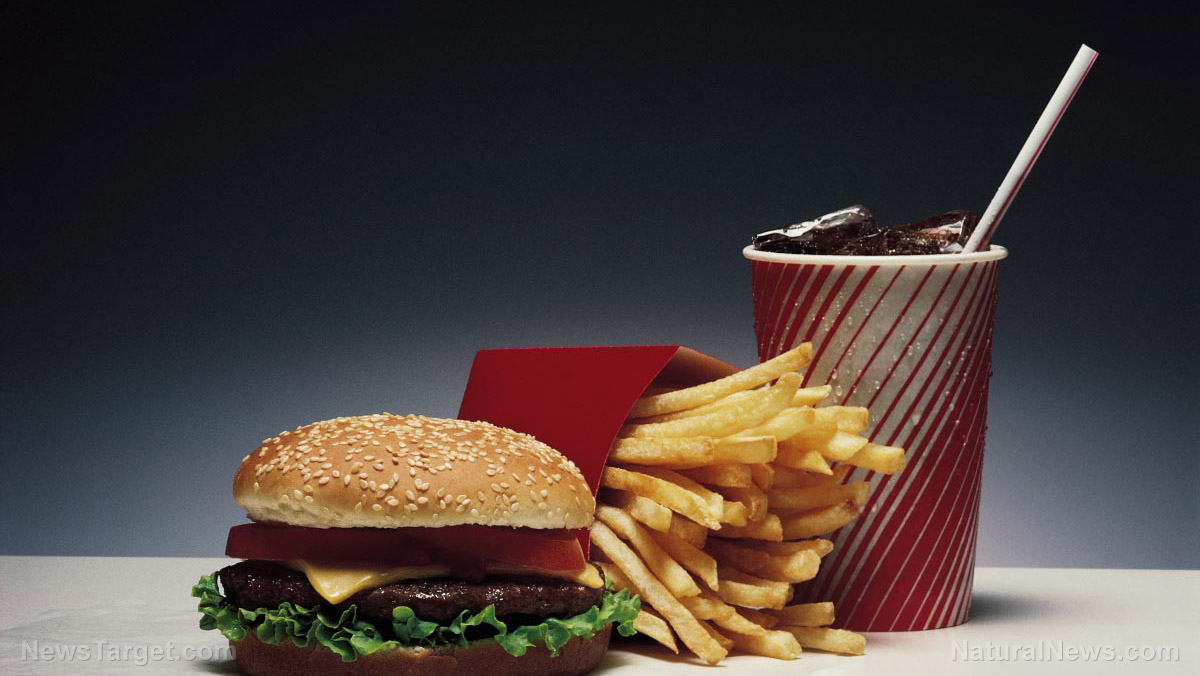Debunking the metabolism excuse: Nutritionists say that metabolic rate doesn’t vary much from person to person…stop blaming your metabolism for your weight
05/07/2018 / By Zoey Sky

If you’re not into physical activities or don’t like regularly going to the gym, you’ve probably used the line “I can’t lose weight like other people do because of my metabolism” one too many times as an excuse.
But did you know that our metabolic rates aren’t that different after all?
The U.K.’s National Health Service defines metabolism as “all of the chemical processes that go on inside your body to keep you alive.”
These various processes need energy, with about 70 percent of the energy being allocated to some of the very basic processes that keep us alive, regardless of our activity levels. This is called the basal metabolic rate (BMR).
Think of metabolism as the body’s ability to turn the food you eat into energy that powers different processes in the body.
Researchers have two different methods of measuring basal metabolic rate. First is by measuring the heat the body exudes, and second is by monitoring the levels of carbon dioxide you exhale.
But is there a way to determine if people have a “fast” metabolic rate or a “slow” one? Dr. Thomas Barber, an associate professor and honorary consultant endocrinologist at the University of Warwick and University Hospitals Coventry and Warwickshire in England, said that while individuals have different metabolic rates, in general, our metabolism per unit or kilogram of lean mass “is remarkably constant across the population.”
Dr. Barber added that most of the metabolism occurs in all the lean tissue in the body or everything that’s not fat. Take note that aside from the muscles, lean mass includes organs like the brain, kidneys, and the liver. When discussing rate in “lean mass, people are fairly similar across the board.”
The power of the elements: Discover Colloidal Silver Mouthwash with quality, natural ingredients like Sangre de Drago sap, black walnut hulls, menthol crystals and more. Zero artificial sweeteners, colors or alcohol. Learn more at the Health Ranger Store and help support this news site.
The differences in our metabolism are often because of discrepancies in “the amounts of fat compared to lean mass in a person’s body.” Dr. Barber explained that if a person has less body fat and more lean mass, their body’s metabolism will run more efficiently.
For instance, if two people weigh the same but one has 50 percent body fat and 50 percent lean mass while the other only has 10 or 15 percent body fat, the individual with more lean mass will usually have a higher metabolic rate.
Is it possible to change your metabolic rate?
Dr. Barber shared that if you want to change your metabolic rate, you’ll also need to change your “fat-to-lean-mass ratio.” Since your body fat and lean mass affect each other, regular exercise will have the same positive effect.
He advised that increasing your lean mass and reducing your fat mass is one way to improve your metabolism. This can be done by exercising more, which will build muscle and help you gain lean mass. This can positively affect your overall metabolic rate. Dr. Barber also warned that changing your metabolic rate medically might have dangerous side effects.
He pointed out that using different metabolic rates as an excuse for living an unhealthy lifestyle can cause weight gain.
However, he noted that losing weight can sometimes be a struggle, especially since even your body might “fight back against weight loss.” If you really want to lose weight, you have to be prepared to handle some “quirks of metabolism.” (Related: The best metabolism-boosting foods to help you lose weight and KEEP it off.)
The human body will naturally want to maintain its weight. If you manage to lose at least five or 10 percent of your weight, the mechanism known as “persistent metabolic adaptation” will start to slow down your metabolism. It can even increase your appetite to make your body return to the weight it thinks if your default weight. Dr. Barber said that this is a hurdle that most people trying to lose weight have to face.
Even if you lose weight, you still need to work out more and stay active so you can maintain your current weight. Losing weight takes some time and hard work on our part, but the various health benefits of weight loss should be enough to get us started on the long road to fitness.
Foods that can help boost your metabolism
When you’re not working out in the gym, you can eat some of the metabolism-boosting foods below so you can effectively lose weight:
- Broccoli – Broccoli is full of calcium, and it’s a useful weight-reducer. This cruciferous vegetable also has vitamins A, C, and K.
- Green tea – Green tea extract can help boost metabolism. It also has lots of antioxidants that can fight off harmful free radicals.
- Hot peppers – Spicy peppers like cayenne, habanero, and jalapeno can directly boost metabolism and circulation. Additionally, these spicy peppers can help reduce food cravings thanks to their capsaicin content. Capsaicin is a compound that stimulates the body’s pain receptors. This compound also temporarily increases blood circulation and metabolic rate. According to a study, eating hot peppers can boost your metabolism by about 25 percent and that the spike can last for at least three hours.
- Whole grains – Whole grains contain nutrients and complex carbohydrates that can speed up metabolism by stabilizing insulin levels. Brown rice, quinoa, and oatmeal have slow-release carbs that offer long-lasting energy minus the spikes linked to food high in sugar.
You can read more articles about natural ways to get in shape at Slender.news.
Sources include:
Tagged Under: appetite, basal metabolic rate, body fat, diet, exercise, fat muscle ratio, fitness, metabolic rate, metabolism, obesity, overweight, physical activity, slender, weight, weight gain, weight loss, weight loss tips




















